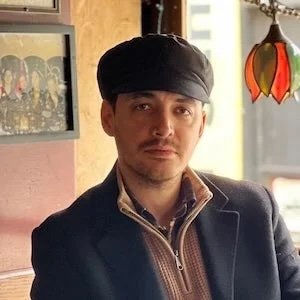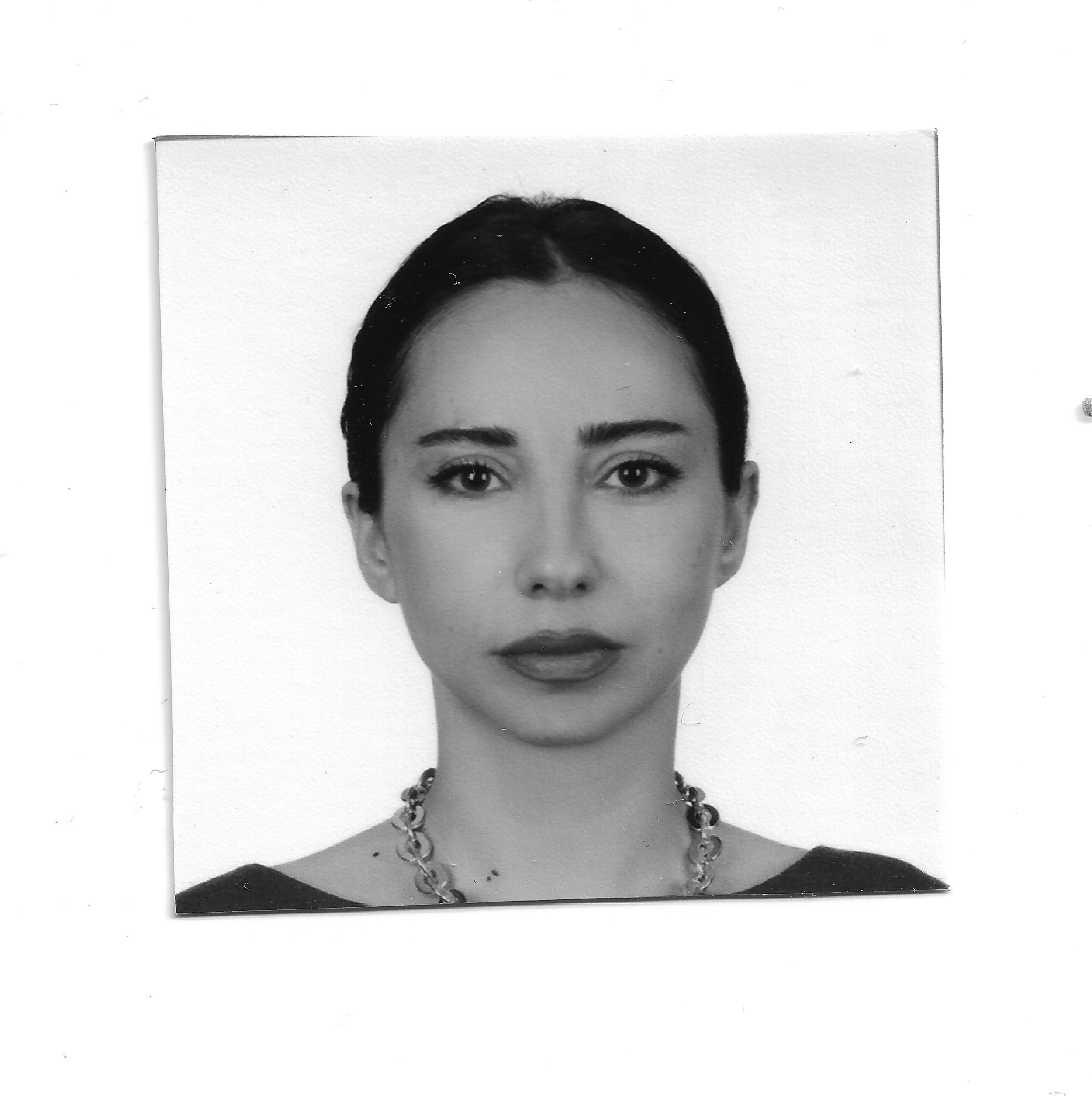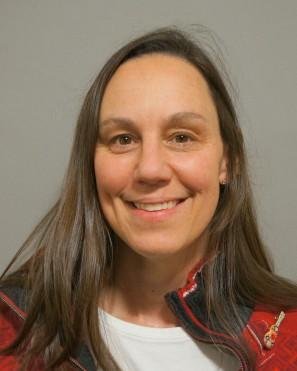“Reading Medieval Greek Manuscripts”
Mediterranean Studies Summer Skills Seminar
19—22 May 2025 • Remote
Welcome to the 2025 Summer Skills Seminar, “Reading Medieval Greek Manuscripts.” The course will be held via Zoom from Monday, 19 May to Thursday, 22 May 2025 from 10am to noon and 1pm to 3pm MDT.
JOIN ZOOM SESSION
ACCESS THE MATERIALS DROPBOX
RESOURCES
Please note: sessions will not be recorded; synchronous attendance is required
Course overview
This course offers a practical introduction to Greek paleography with a strong emphasis on hands-on learning. Participants will explore Greek manuscript culture through an introduction to paleography and the evolution of Greek script. The seminar aims to equip participants with the skills to independently read and interpret Greek manuscripts, provide a solid foundation for further research in the study of Greek language and book culture, and enable participants to access and utilize primary Greek sources for various research purposes, from historical to linguistic analyses. The seminar includes sight-reading exercises and practical sessions with a range of manuscript texts, allowing participants to progressively develop their reading skills and become familiar with different script forms.
Faculty
Dr. Manolis Ulbricht is a Marie Curie Fellow at the University of Notre Dame (Medieval Institute) and a scholar in Byzantine and Medieval Greek Studies. With expertise in Greek paleography, codicology, and textual criticism, Ulbricht makes extensive use of the Greek manuscript tradition in his work. Most recently, and in cooperation with the Staatsbibliothek Berlin, Germany, he produced several teaching films on Greek and Arabic paleography, codicology and the use of metadata.
Some comments from participants:
• I felt my skills grow exponentially over the days of the seminar and I appreciated the time dedicated to reading for ourselves.
• The course was excellent. In each session our professor provided to us important and fascinating information, while guiding us through new and challenging material in a thoughtful and encouraging way. It was an inspiring 4 days and I am sorry the course had to end!
• The course did a great job laying the foundations of Greek manuscript studies in a limited amount of time.
• I have doubts whether I would have been as satisfied if this course had been taught by someone else. Because he was not only an expert in his field, also he was able to manage a group by paying attention and giving courage to each of the participants; and the participants worked with him for hours without ever losing their attention and interest.
Program
Monday, 19 May 2025
10am to noon and 1pm to 3pm
1. Introduction & Biblical Majuscule
2. Majuscules until the 10th century
Tuesday, 20 May 2025
10am to noon and 1pm to 3pm
1. The Shift from Majuscule to Minuscule Script
2. Minuscules of the 9th and 10th Century
Wednesday, 21 May 2025
10am to noon and 1pm to 3pm
1. Minuscules of the 11th-12th
2. Research Techniques
Thursday, 22 May 2025
10am to noon and 1pm to 3pm
1. Minuscules of the 13th-14th Century
2. The Late Byzantine Period and Early Printed Books
Participants
Hessam Abedini (Comparative Literature, University of Oregon)
Hessam Abedini is a PhD candidate in Comparative Literature at the University of Oregon, specializing in Indo-European epic poetry and comparative philology. His research examines the interplay between Persian, Classical Greek and Latin, and English literary traditions, with particular focus on cosmological frameworks and translation theory. Hessam holds a MA in Modern and Contemporary Literature from the University of York (UK) and possesses reading knowledge of Ancient Greek, Latin, and Old English alongside his fluency in Persian, Azerbaijani, English, and French. His current dissertation, “Unbound from Homer: Preserving the Iranian Cosmology in Translations of Firdausi’s Shahnameh (1010),” explores the challenges of maintaining authentic cosmological structures when translating between Eastern and Western epic traditions. Hessam’s philological training and interest in manuscript traditions inform his approach to textual analysis across linguistic boundaries.
Martin Albl (Independent scholar)
Martin Albl earned his Ph.D. in religious studies, New Testament emphasis, from Marquette University in 1997. From 1998–2023, he taught religious studies at Presentation College in Aberdeen, SD, attaining the ranks of full and emeritus professor before the College closed in 2023.
Professor Albl’s major publications include And Scripture Cannot Be Broken: The Form and Function of the Early Christian Testimonia Collections (Brill, 1999) and The Catena to James: Reading the Letter of James in the Ancient Greek Commentary Tradition (Brill, 2024). On the latter project, he worked with four main Greek manuscripts, dating from the tenth to the sixteenth centuries. He is currently working on a monograph on the transmission of the Jesus tradition in the early Jerusalem church and has future plans to translate the Catena to 1 and 1 Peter.
Emmanuel Bawa (Linguistics, CUNY Graduate Center)
Originally from Nigeria, I am currently a Ph.D. student in Linguistics and a certificate student in Medieval Studies, both at the Graduate Center, City University of New York (CUNY). My academic interests lie at the intersection of classical languages and linguistic theory. I am particularly drawn to the Greek Reading course, motivated by a personal passion for Classical Greek and its direct relevance to my research on Greek conditionals. I also bring a background in Theology, which continues to inform and enrich my linguistic inquiries.
Ceylan Borstlap (Byzantine Art and Studies, Ege University-Izmir)
Ceylan Borstlap is a Ph.D. candidate in Byzantine Art & Medieval Studies at Ege University in Izmir-Türkiye. She is studying on late byzantine medical manuscripts and continues her dissertation in parallel with her study in the Vatican Apostolic Library. Her first publication was her thesis "Smyrna Physiologus" which turned to a book about the lost manuscript in Izmir; and second publication "Holy Honey” about byzantine iconography first published as an essay then as a book with Prof. Dr. Lale Doğer from Ege University. Borstlap holds a Master’s degree in History of Art and focus on byzantine medicine and religious healing practices.
Acacia Chan (Comparative Literature, The University of Texas at Austin)
Acacia Chan is a Comparative Literature Ph.D. Candidate at The University of Texas at Austin. She is currently writing her dissertation titled Not “Just a Juicy Story”: Fostering Affinity between Christian Apocrypha and Fanfiction Studies. Her previous publications include “Cloudy with a Chance of Apostles: Cloud Travel in the Acts of Andrew and Matthias, a papyrology co-publication with Ann Ellis Hanson, and two contributions to the Wisdom Commentary series. Chan holds a Master’s degree in Religious Studies from The University of Texas at Austin, a Master’s degree in Religion from Yale Divinity School, and a Bachelor’s degree in Biblical Languages from Walla Walla University.
Joss Childs ( Religious Studies, Brown University)
Joss Childs is a third-year PhD student in Religious Studies at Brown University. They received their B.A. in Religious Studies and Greek from Mount Holyoke College in 2021 and their MA from the University of Chicago Divinity School in 2023. Their work focuses on children and familial relationships in Greek and Syriac martyrdoms and hagiography.
Paula Hensley (Independent scholar)
I earned my BA from the University of California, Berkeley, in Classical Languages (ancient Greek and LaAn), and then enrolled in Stanford University’s Phd program in Classics. Following several years of study, I traveled to Greece, where I excavated in the Peloponnese. My interest and appreciaAon for ancient languages conAnued, even though my professional direcAon shiKed to law. AKer compleAng my Juris Doctorate degree at University of California, San Francisco, I pracAced law for over 33 years, 25 of which I worked as a public defender represenAng indigent clients in both jury and court trials. During the course of my legal work, I maintained focus on ancient studies, parAcipaAng in courses and reading groups at the graduate level. My current interests include ancient poeAcs, oral epic, lyric, Aeschylus, Aristotle, textual transmission.
Kimberly Lewis (Biblical Language, Shepherds Theological Seminary)
I am currently a student at Shepherds Theological Seminary in Cary, NC, USA. I anticipate completing a Master of Arts degree in Biblical Literature and Language in May 2025. My research interests lie in ancient manuscripts, whether Hebrew, Greek or Latin.
The thesis for my degree focuses on the orthography of a Byzantine biblical Greek manuscript that currently resides at St Catherine’s Monastery in Sinai. I am particularly interested in this manuscript because very little work has been done on it. Thus, my interest in this seminar directly relates to my thesis and would provide an opportunity to familiarize myself with additional tools available for analysis of Byzantine manuscripts. I believe the lectures and practice sessions will provide me with invaluable skills and knowledge that will supplement the basis of my research on manuscripts. Beyond graduation, I desire to continue work in ancient manuscripts at the doctoral level.
Yutaka Maekawa (School of Science, Kwansei Gakuin University)
I earned a BA in Occidental History at the Faculty of Letters, Kyoto University, Japan. My MA in New Testament Theology was from the Faculty of Theology, Doshisha University, Kyoto, Japan. Now I am a PhD student at the Graduate School of Hiroshima University, Japan.
Now I am working at the School of Science, Kwansei Gakuin University, Hyogo, Japan as associate professor. I also serve as chaplain at the school. My classes include Introduction to Christianity, Latin Grammar and Latin Reading. I am also teaching at Bishop Williams’ Theological Seminary, Kyoto, Japan as a part-time lecturer, where I teach New Testament Introduction and New Testament Greek.
I published several papers on the New Testament, such as: Yutaka Maekawa, “Greetings of the Resurrected Jesus,” Kirisutokyo Kenkyu [Christian Studies] 81 (2), 93-106 [in Japanese]. I wrote an Introduction to the New Testament for general readers in 2023 [in Japanese], and recently published a Japanese translation of Metzger-Eherman’s The Text of the New Testament in 2025.
My current interest is reading the Gospel of John from narrative-critical and historical perspective, especially the characters that appear in the Gospel.
Ashleigh Witherington (Classics, Florida State University)I am from Tallahassee, Florida, and am currently pursuing my MA in Greek and Latin at Florida State University. I graduated summa cum laude with a BA in Greek and Latin from FSU in Fall 2023 with a minor in religion. My undergraduate honors thesis analyzed the textual variants in manuscripts of the Latin translation of Josephus’ Jewish Antiquities 13.301-313 and compared the Latin translation to the original Greek. Broadly, I am interested in textual criticism, paleography, the interaction between religion and the state in the Roman Empire, martyr narratives, and Josephus. Recently I have presented on the language of Athena’s disguised appearances in the Odyssey as well as the sidus Iulium in Ovid’s Metamorphoses, and current joint projects include a critical edition of further selections from the Latin translation of Josephus’ Jewish Antiquities 13 and a comparison between Pseudo-Hegesippus and Josephus’ Jewish War.












